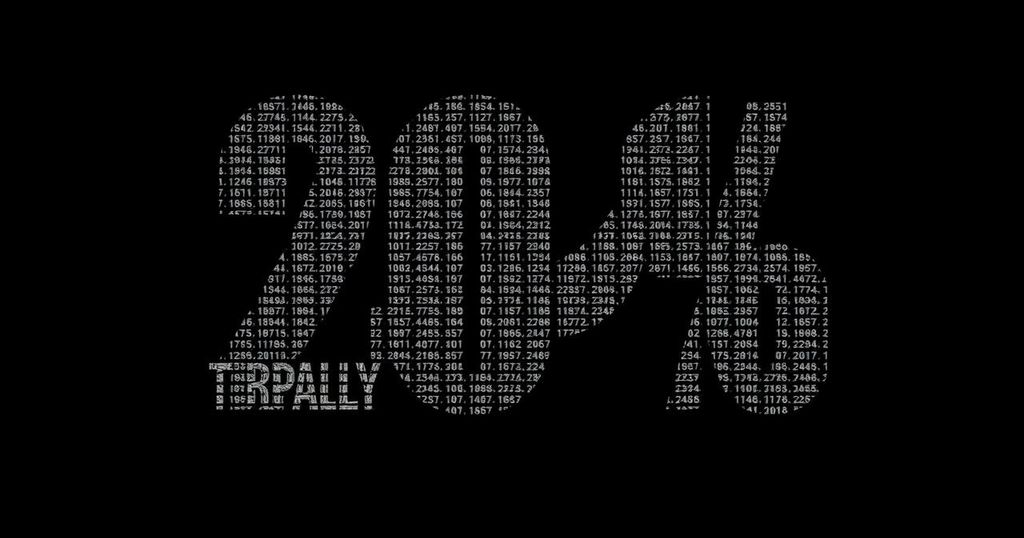Japan’s Financial Services Agency Proposes 20% Tax Rate on Crypto Profits
In a significant development for cryptocurrency taxation in Japan, the Financial Services Agency (FSA) has proposed a reduction of the tax rate on profits derived from cryptocurrency investments to a flat rate of 20%. This proposal aims to align the taxation of crypto profits with that of traditional financial assets, which are subject to similar tax rates. Currently, profits from cryptocurrencies are taxed at rates ranging from 15% to 55%, depending on individual income brackets. Thus, many investors face substantially higher tax burdens on their cryptocurrency gains compared to what is imposed on income from traditional investments, such as stocks.
The FSA’s proposal, submitted as part of its tax reform request for the year 2025 on August 30, reflects a strategic decision to treat cryptocurrencies as traditional financial assets. In their report, the FSA articulated the importance of creating a more favorable tax environment that encourages broader public investment in cryptocurrencies. The agency highlighted that, “Cryptocurrencies should be treated as financial assets and an investment opportunity for the public.”
Under the current system, individual investors are taxed on their crypto gains as miscellaneous income, facing a maximum tax rate of 55% on earnings exceeding approximately 1,377 USD (200,000 Japanese yen), a common threshold for many cryptocurrency investors. Conversely, capital gains from stock trading are capped at a maximum of 20%, underscoring a disparity that the FSA seeks to rectify with the proposed changes. Additionally, corporate entities holding cryptocurrency assets are subjected to a flat tax rate of 30%, regardless of the profit or loss from their holdings, which further demonstrates the need for a revised taxation framework.
The implementation of these proposed tax reforms will involve several legislative steps. Initially, reform requests will be submitted by various ministries to the ruling political party, subsequently reviewed by the tax system research committee. The national legislature will then evaluate these proposals before seeking final approval from both the House of Representatives and the House of Councillors.
In conclusion, if successfully enacted, these tax reforms could significantly influence the cryptocurrency market in Japan, promoting a more investor-friendly atmosphere for both individual and corporate investors alike. As stakeholders in the sector await the legislative process, there is cautious optimism regarding the transformative potential of these changes for the Japanese cryptocurrency landscape.







Post Comment